Don't hesitate to send a message
Web Menu
Product Search
Exit Menu
Applicability of Water Differential Pressure Switches and Water Pressure Sensor Switches Across Various Environmental Conditions
In the realm of water management and industrial processes, the selection of appropriate pressure control devices is paramount to ensuring efficient operations and system integrity. Water differential pressure switches and water pressure sensor switches represent two distinct yet essential tools in this domain.
Water Differential Pressure Switches:
Water differential pressure switches are designed to monitor the difference in pressure between two points in a fluid system. This makes them particularly useful in applications where maintaining a specific pressure gradient is critical, such as in HVAC systems, hydraulic circuits, and water treatment plants. One key aspect of their applicability lies in their robust construction, which allows them to withstand a wide range of environmental conditions.
Recent studies have underscored the versatility of water differential pressure switches, demonstrating their effectiveness in diverse settings ranging from indoor industrial environments to outdoor installations exposed to harsh weather conditions. Their rugged design, sealed enclosures, and corrosion-resistant materials enable them to operate reliably in environments with high humidity, temperature fluctuations, and exposure to dust, moisture, and corrosive agents.
Furthermore, advancements in sealing technologies and material sciences have enhanced the ingress protection ratings of water differential pressure switches, making them suitable for use in outdoor applications where they may be exposed to rain, snow, and extreme temperatures. These switches can withstand environmental challenges such as temperature variations from freezing to high heat, ensuring consistent performance and system reliability in demanding conditions.
Water Pressure Sensor Switches:
Water pressure sensor switches, on the other hand, rely on electronic pressure sensors to detect and measure water pressure levels accurately. They offer precise control and monitoring capabilities, making them ideal for applications where maintaining a specific pressure setpoint is crucial, such as in water distribution systems, pump control, and industrial processes. Their applicability across different environmental conditions hinges on several key factors.
Recent advancements in sensor technology have led to the development of water pressure sensor switches with improved sensitivity, accuracy, and stability. These sensors can operate effectively across a wide range of temperatures, pressures, and environmental conditions, ensuring reliable performance in various settings. Additionally, the compact and lightweight design of water pressure sensor switches makes them suitable for installation in confined spaces and harsh environments.
Moreover, the integration of digital communication protocols such as Modbus, Profibus, and Ethernet enables water pressure sensor switches to interface with supervisory control and data acquisition (SCADA) systems, facilitating remote monitoring and control. This connectivity feature enhances their applicability in distributed water management networks, allowing operators to monitor pressure levels and diagnose faults in real-time from centralized control centers.
In conclusion, both water differential pressure switches and water pressure sensor switches exhibit versatile applicability across different environmental conditions, thanks to their robust construction, advanced technologies, and innovative design features. While water differential pressure switches excel in applications requiring differential pressure monitoring and control, water pressure sensor switches offer precise measurement and monitoring capabilities in diverse settings. By leveraging these advanced pressure control devices, industries can enhance operational efficiency, optimize resource utilization, and ensure system reliability across a wide range of environmental conditions.
-
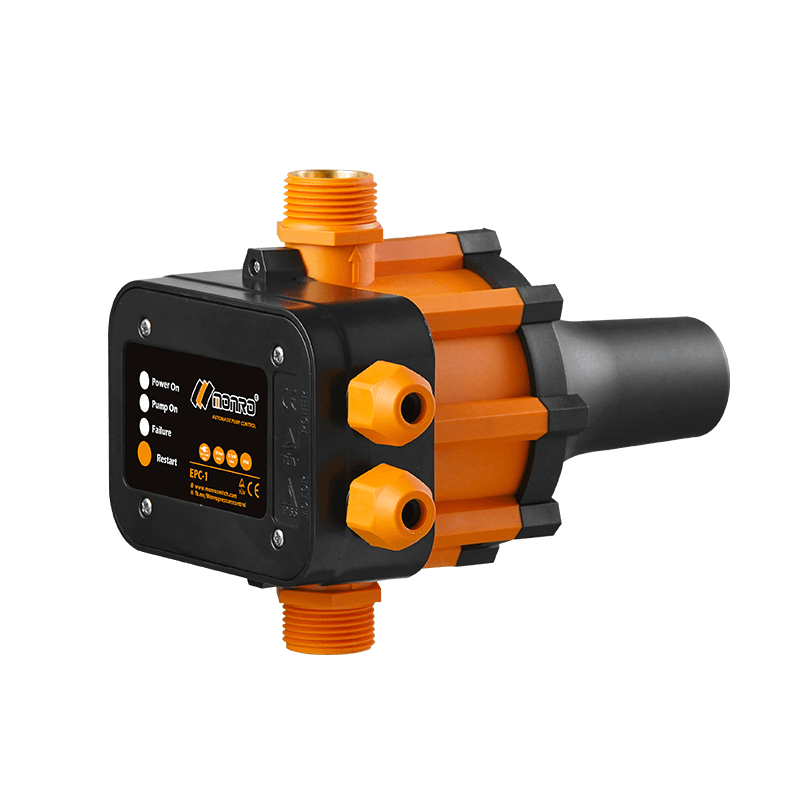 EPC-1
EPC-1Monro EPC-1 model pump controller is the classic and basic type, was loved by user in the global mar...
-
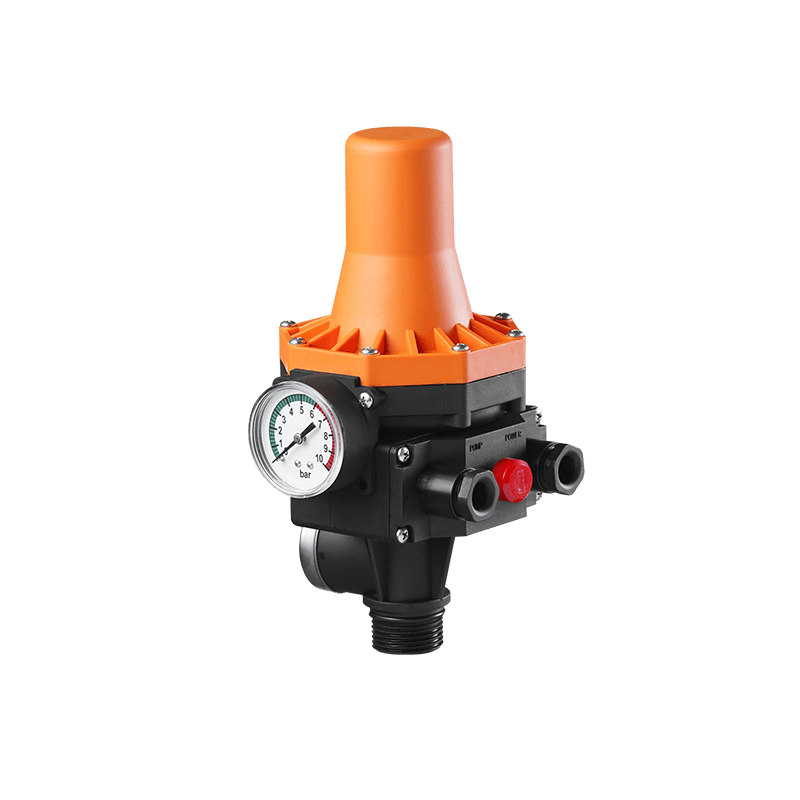 EPC-3
EPC-3Monro EPC-3 spain design auto on and off press control, an intelligent and economical system designe...
-
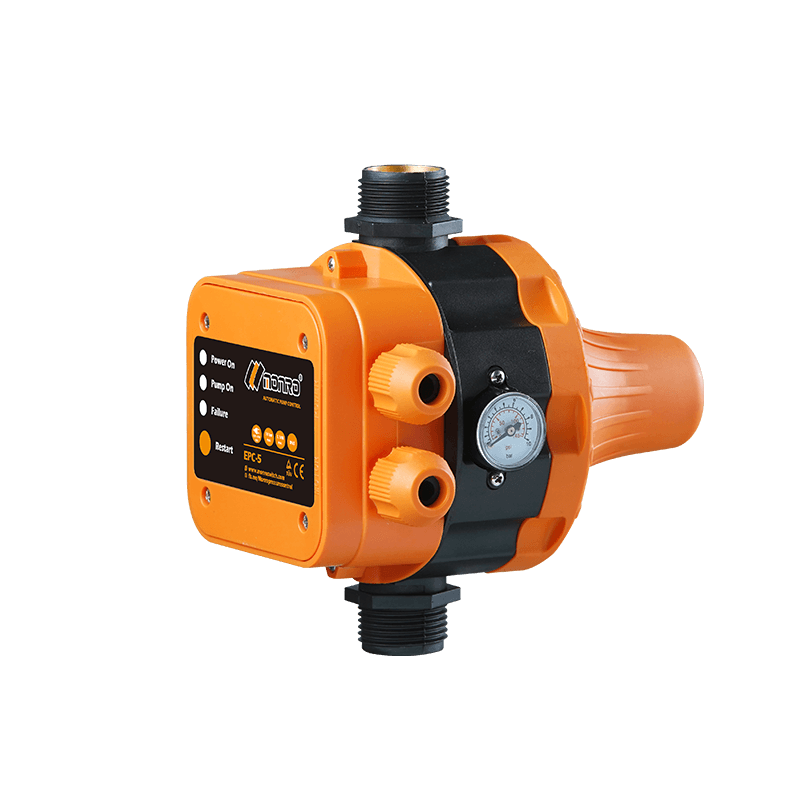 EPC-5
EPC-5Monro EPC-5 model automatic pump control, a device which assembled on the water pump (recommended si...
-
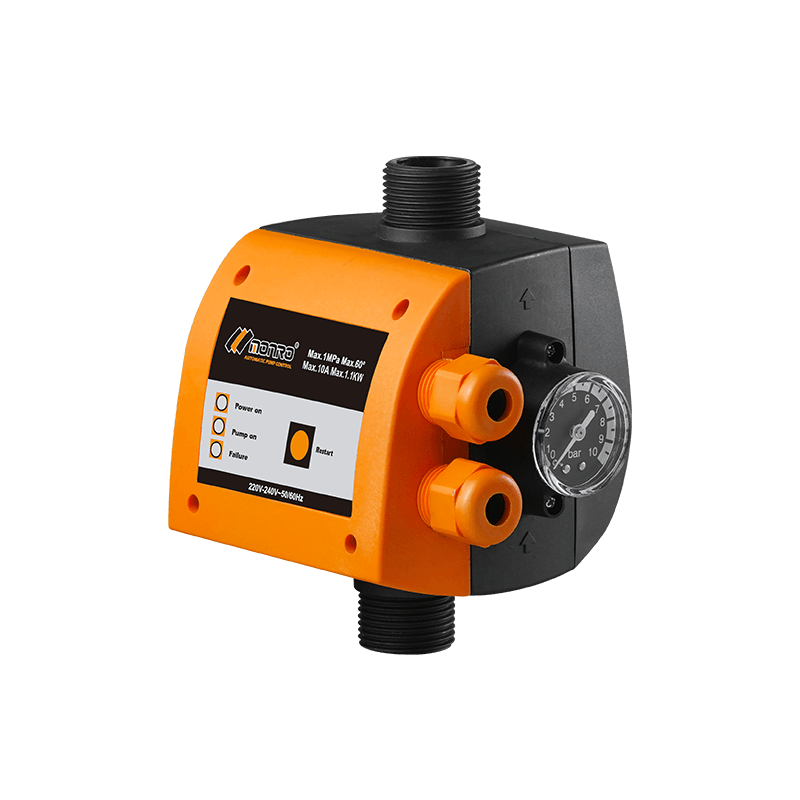 EPC-9
EPC-9Monro EPC-9 model pressure controller, is a big power device for automatic control and protection of...
-
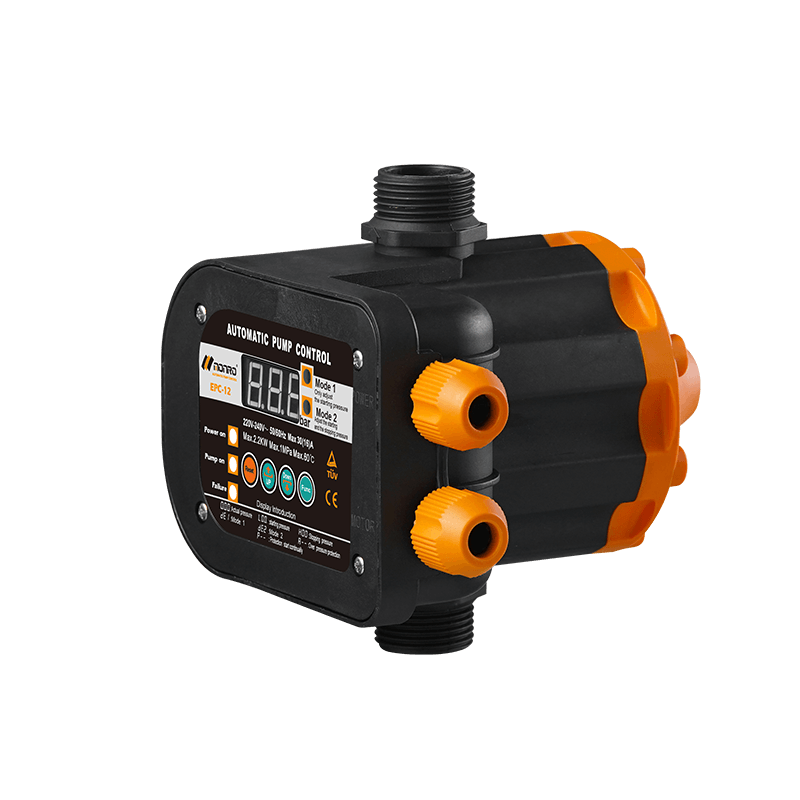 EPC-12
EPC-12Monro EPC-12 smart top-level automatic pump control is a multi-function model combined with traditio...
-
 EPC-14
EPC-14Monro EPC-14 model pressure control is a big power device for automatic control and protection of el...
-
 EPC-15
EPC-15Monro EPC-15 model automatic pump control, a device which assembled on the water pump (recommended s...
-
 EPC-16
EPC-16EPC-16 is the new patent pump controller by Monro. Its key highlight is tooless (manual knob) start...
find our office
Committed to providing professional pressure control solutions for various types of water pumps and air compressors.

 简体中文
简体中文 English
English Español
Español


